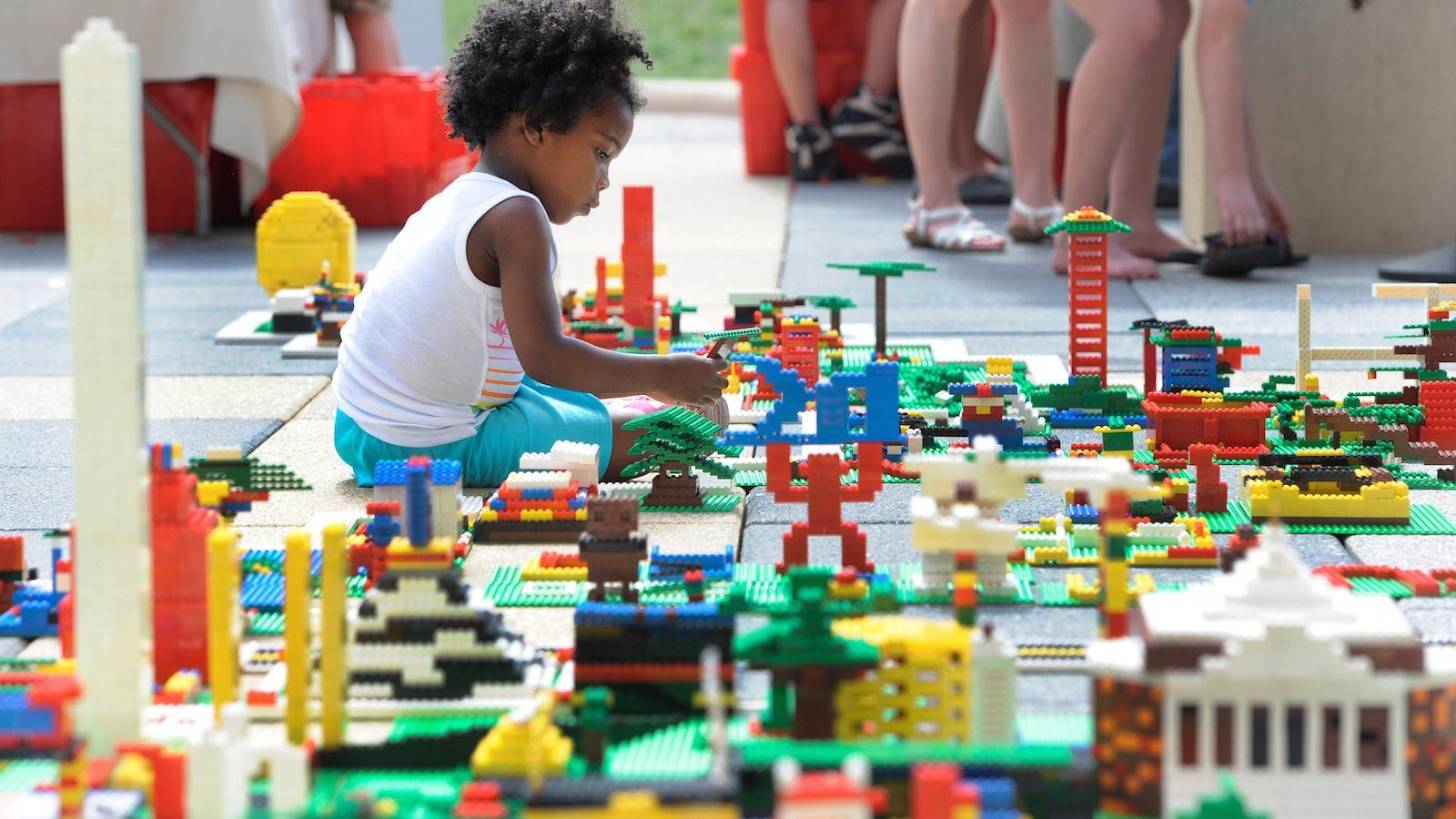LEGO says its plastic pieces will be made with sustainable material by 2030
Plastic is nearly inescapable in the world of children’s toys—especially if your child is into LEGOs. But the company behind the eponymous toy bricks says it wants to change that. The LEGO Group has announced plans to build a new center to research and develop “sustainable, raw materials” to use in making its LEGO bricks.


Plastic is nearly inescapable in the world of children’s toys—especially if your child is into LEGOs. But the company behind the eponymous toy bricks says it wants to change that. The LEGO Group has announced plans to build a new center to research and develop “sustainable, raw materials” to use in making its LEGO bricks.
This month, the company pledged 1 billion Danish Krone ($150 million) for the new “LEGO Sustainable Materials Centre” that will aim to find a sustainable replacement for LEGO materials by 2030. LEGO has talked about improving the sustainability of its plastic bricks before, which require vast amounts of petrochemicals to produce. Last year alone, LEGO made more than 60 billion plastic bricks (to put that in context, it has made the Guinness Book of World Records for being the “largest tyre manufacturer per annum”).
The move comes on the heels of a decision to break a pact with oil giant Shell to sell LEGOs at its gas stations last fall, after a compelling YouTube video by Greenpeace mocking the arrangement went viral.
The company was notably vague about what types of materials it wants to scrap, or what might replace the ABS plastic and other petrochemicals that make up the bulk of its bricks.
Although LEGO referenced a move to “new bio-based materials” in its announcement, it also left ample room for interpretation. “There is no common definition of a sustainable material,” CEO and president of LEGO group Jørgen Vig Knudstorp said in the press release accompanying the announcement. “Several factors influence the environmental sustainability of a material—the composition of the material, how it is sourced and what happens when the product reaches the end of its life.”
A LEGO spokesperson tells Quartz that “the materials we have now are based on petrochemicals, which are not sustainable,” and that the goal is to find “new and sustainable alternatives” to its existing materials.
But as with most laudable corporate sustainability goals, the devil will be in the details. Recent initiatives by Coca Cola and Pepsi to replace fossil fuels used in their plastic bottles with ethanol, for instance, have been criticized for having many of the same environmentally-damaging qualities as regular plastic (not biodegradable, pollutive to the environment, and bad for human health).
As for LEGO’s quest for the right materials, LEGO communications head Charlotte Simonsen tells Quartz: “It’s a journey,” and the company may find “some alternative material at some point and others later.”